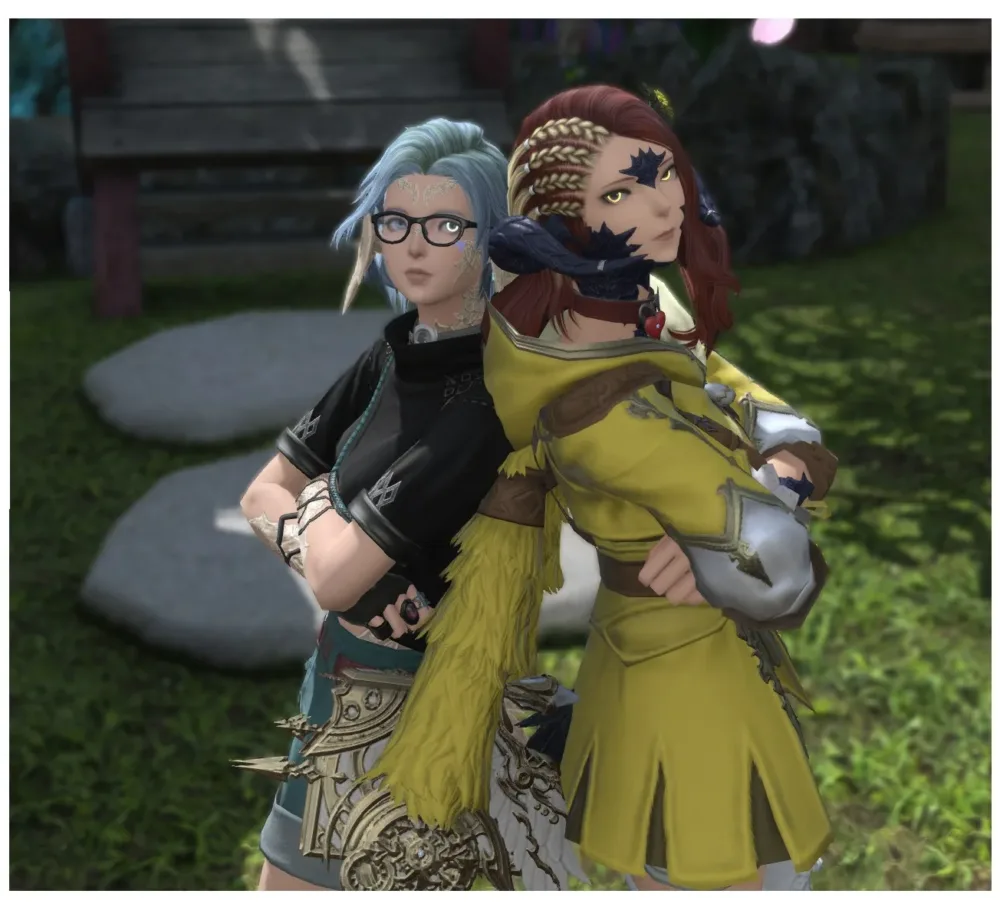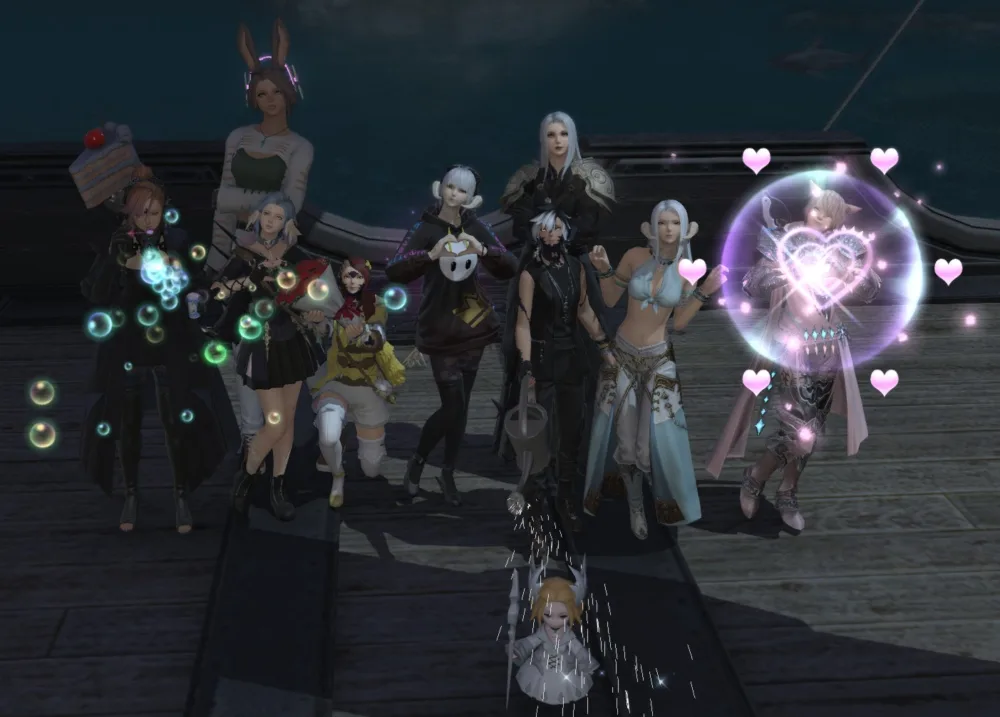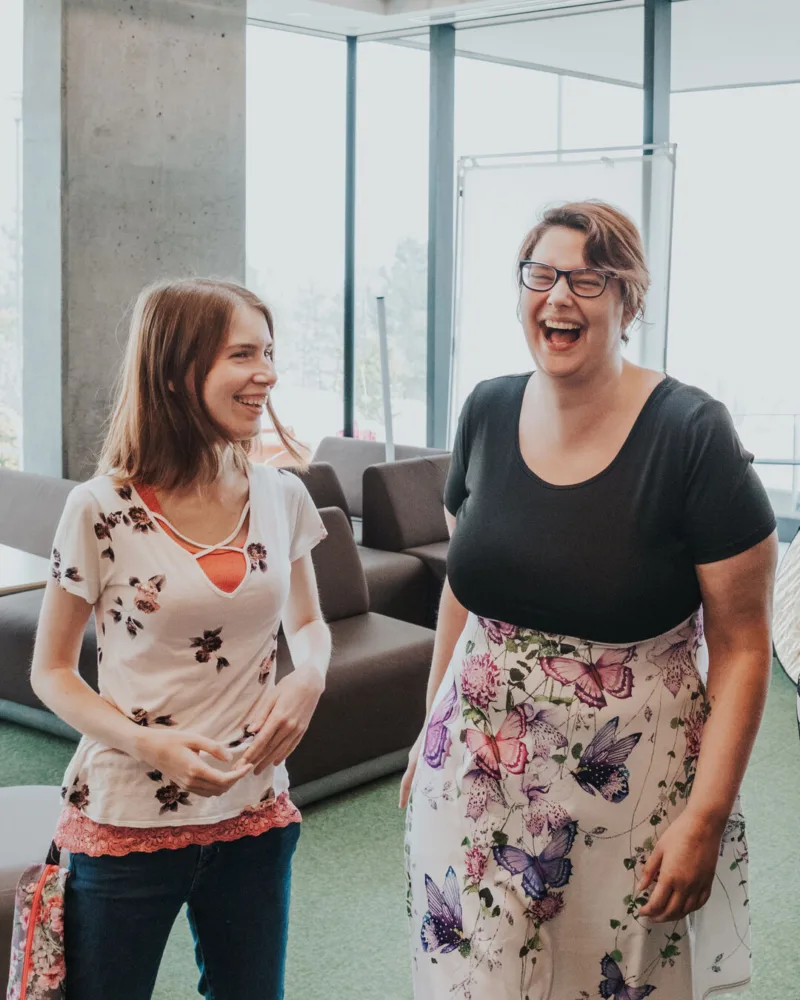
I’ve spent countless hours immersed in online games, but one stands out among the rest: Final Fantasy XIV. It’s an expansive multiplayer world filled with magic, mythical creatures, and grand adventures that have captured my attention like no other.
When I first started playing, I didn’t understand the mechanics or jargon used by seasoned players. As you can imagine, starting with little understanding was daunting. I thrive on structure, seek evidence before making decisions, and fixate on details. So, determined to learn everything I could about the game, I reached out to fellow players for help. I studied guides, researched strategies, and worked tirelessly to improve. The more I played, the more I wanted to excel, especially in mastering combat and dealing massive damage during fights. The complexity of the game only fueled my desire to master it.
During one of these deep dives into the game’s mechanics, a friend casually remarked, “That’s a very autistic way of thinking.” I paused, taken aback. At first, I wasn’t sure how to respond, but the more I thought about it, the more it clicked. My love for deep dives, my tendency to over-explain, my hyperfocus on details—these weren’t just quirks; they were reflections of my autism. That simple comment helped me make sense of past social struggles and reshaped how I saw myself.
In that moment, I realized that the online community I had found by playing Final Fantasy was one where I felt truly accepted. The friends I played with recognized signs of my autism in my thinking before I could identify it myself. They appreciated the way I learned and engaged with the game. My way of tackling problems was valued, and I didn’t feel pitied or misunderstood.
Reflecting on my experiences, I saw a difference between how I interact online and in the real world. Online spaces feel less intimidating. There’s a sense of distance that makes it easier to discuss personal struggles without fear of judgment.

A close friend of mine, Kya, who also has a disability, shared her perspective. She explained, “I talk about my disability with certain friends, but it depends on the type. My friends with disabilities know everything, and we share our struggles openly.” However, she’s more guarded with others, especially those who’ve shown pity or disgust in the past. “Real progress,” she says, “comes when both neurotypicals and people with disabilities are open-minded. One side assumes neurotypicals will never understand, and the other thinks people with disabilities don’t want to teach. But real progress happens when both sides are willing to listen and learn.”

For Kya, it’s not necessarily about whether a friendship is online or in person, but about respect and mutual understanding. She doesn’t want to be treated like she’s fragile or incapable. Similarly, I don’t want to be seen as someone who needs constant help just because I have autism. In Final Fantasy, my friends see me as a peer. In the “real world,” I often find myself seeking help from others, but in Final Fantasy, I often offer expertise. This experience has not only taught me more about my identity but has also shaped how I connect with both my online and real-world friends. It’s reinforced the value of respect, open-mindedness, and a willingness to learn from one another.
So, to anyone navigating the challenges of friendships, disabilities, or simply feeling different, I offer this advice: Find your space and community. Embrace what makes you unique, and never stop seeking understanding. After all, being different isn’t bad. It just means you see the world through your own, one-of-a-kind lens. And that perspective? It’s worth sharing.


